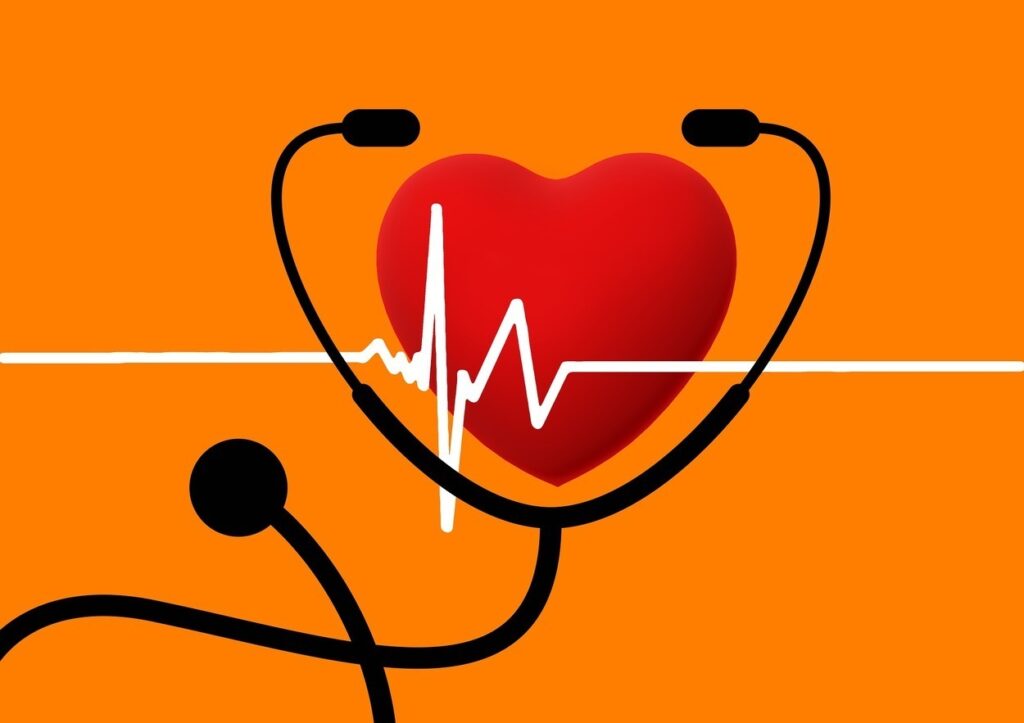Ignoring emotions is a practice that many of us are very good at but did you know it contributes to your stress level and can be detrimental to your health? Darci Grave Mental Health Counselor at Hope Haven is here with a few tips and insights on how your emotions directly affect your health.
Emotions exist for a reason and are trying to communicate something to us. One important aspect of emotional intelligence is to know that all emotions are valid; even when the information that caused the emotion is not. Being aware of your emotions and what caused the emotion is a skill that can be helpful to you in daily life. Ignoring our emotional being leads to ineffective communication increased anxiety anger issues defensiveness and problems in relationships. This can literally affect every aspect of life.
We cannot hide from our emotions or pretend they don’t exist. Many of us become very skilled in avoiding dealing with emotions becoming the ‘workaholic’ the overly busy person who never takes the time to think about and process emotions. This catches up to everyone eventually in one way or another and many times it is with physical illness. Ever get really stressed and end up sick? Often we contribute that to just being too busy working too much having too much stress. Understanding that ‘stress’ is also another term for ignoring emotions can be an important key to battling that forever cold or generally finding a way to feel better physically. I will outline a very straightforward approach here to help. Getting into the practice of naming claiming and expressing emotions in healthy and effective ways can lead to a happier existence. Sometimes even a more successful productive and relationally connected self.
Part of our culture for a very long time has encouraged us to be good at avoiding emotions moving from situation to situation (external stimuli to external distraction) over and over until it’s been days weeks or months before taking the time to reflect on how we feel towards something. Asking yourself “how do I feel about that?” when thinking of a life event or situation taking the time to think more deeply about a situation is a good practice.
That is the first step saying to yourself: “How do I feel toward _____?” or talking with someone else and recognizing the emotions felt.
In moving so quickly throughout life and with many different distractions at play people are so busy ‘doing’ that ‘thinking’ and ‘feeling’ that is meant to be spent equal time in being is ignored. No one has enough time and the time that could be spent being with a thought or feeling is taken away when we don’t purposefully practice the observing identifying and interacting with our emotions. I cannot count the number of times in conversation I have asked someone how they are doing in connection to a stressful or major life event and the answer is “I don’t know ” and meaning they haven’t taken the time to think about how they feel or just are doing in response.
Recognizing our emotions also lets us recognize if we are at this moment more prone to being short with someone being defensive or struggling to manage another unrelated situation because of it. I know that if I am feeling worried I am likely to be more stressed by daily expectations. This does not change the daily expectations it simply allows perspective and insight to be gained; for us to make healthy informed choices about our emotions.
Take a moment to practice how do you feel in this moment right now? How do you feel? I’m hoping interested enough to keep reading perhaps content maybe distracted or irritated. What are your emotions communicating to you right now? Think about your emotions in connection to something an incident a goal a loved one a job. What are those emotions telling you? When we become more insightful toward the emotion then the reason behind the emotion we can become empowered to make informed choices about the evoked emotion. Do I feel content and can I continue the activity causing contentment? If I feel disappointed embarrassed hurt overwhelmed defensive irritated or sad I can make a choice to change something in my life to address this emotion. Even when I can’t change the identified cause I can change how I respond internally with how I think or externally with what I do.
Step two: “What is the cause of this emotion?” Identifying the reason behind the emotion opens the door to informed choices.
An example to expound on this thought of changing what I think or do in response to an emotion. I may feel disappointed with a friend for forgetting something that was important to me. However valid my emotion is if I don’t like feeling the disappointment I can look at ways to understand why she forgot without judging my emotion simply by deciding what I will do. Once I have chosen to seek understanding I am no longer stuck in my emotion of disappointment. I want to say that while this may not take much time in some situations others are allowed to take much more time and effort. This is not the same as pretending the disappointment doesn’t exist. Part of the difference is in my own awareness in how I am feeling and the other is that it opens the door to discuss my disappointment with my friend if I choose; making an informed choice. In being willing to express my disappointment I am validating my own emotions as well. Validation is good and something we all need on a basic level. So often I hear that if we can’t change a situation the emotion is judged as somehow wrong. This is just not true or healthy for us to live invalidating our own emotions.
The third step: making an informed choice in response to the emotion.
The practice of expression of emotion is dependent on many variables; however the choices are the same. Choices when interacting with our emotions become: do I tell someone how I am feeling or find a way to express my emotions individually? We all have practiced and comfortable ways of communicating our emotions based on our experiences and personality. The question becomes once we are more aware of our emotions is the way we have always acted in the past effective? Any way you choose for example: telling a friend saying it in prayer addressing the situation directly or going for a run can all be healthy and good. The point is to name it claim it and express it in some way; as long as we do we are on the path of moving forward in living a healthier less stressed and more connected life.





